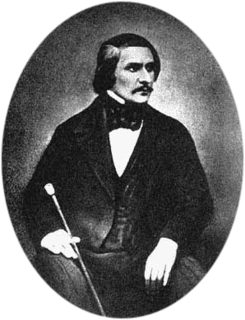A Quote by Carl Jung
Every civilized human being, whatever his conscious development, is still an archaic man at the deeper levels of his psyche.
Related Quotes
Every civilized human being, whatever his conscious development, is still an archaic man at the deeper levels of his psyche. Just as the human body connects us with the mammals and displays numerous relics of earlier evolutionary stages going back to even the reptilian age, so the human psyche is likewise a product of evolution which, when followed up to its origins, show countless archaic traits.
As countless as grains of sand by the sea are human passions, and they all differ; all of them, vile or lofty, begin by being under a man's control and then become his terrible masters. Blessed is he who has chosen the most lofty of passions: his immeasurable bliss grows and multiplies tenfold with every hour and minute, and he penetrates deeper and deeper into the infinite paradise of his soul.
No one is without Christianity, if we agree on what we mean by that word. It is every individual's individual code of behavior by means of which he makes himself a better human being than his nature wants to be, if he followed his nature only. Whatever its symbol - cross or crescent or whatever - that symbol is man's reminder of his duty inside the human race.
I cannot define for you what God is. I can only say that my work has proved empirically that the pattern of God exists in every man and that this pattern has at its disposal the greatest of all his energies for transformation and transfiguration of his natural being. Not only the meaning of his life but his renewal and his institutions depend on his conscious relationship with this pattern of his collective unconscious.
I believe that the unity of man as opposed to other living things derives from the fact that man is the conscious life of himself. Man is conscious of himself, of his future, which is
death, of his smallness, of his impotence; he is aware of others as others; man is in nature, subject to its laws even if he transcends it with his thought.
Modern man, seeking a middle position in the evaluation of sense impression and thought, can, following Plato , interpret the process of understanding nature as a correspondence, that is, a coming into congruence of pre-existing images of the human psyche with external objects and their behaviour. Modern man, of course, unlike Plato , looks on the pre-existent original images also as not invariable, but as relative to the development of a conscious point of view, so that the word "dialectic" which Plato is fond of using may be applied to the process of development of human knowledge.
Man in his raw, natural state as he comes from the womb is morally and spiritually corrupt in disposition and character. Every part of his being-his mind, his will, his emotions, his affections, his conscience, his body-has been affected by sin (this is what is meant by the doctrine of total depravity)
I am a Muslim and . . . my religion makes me be against all forms of racism. It keeps me from judging any man by the color of his skin. It teaches me to judge him by his deeds and his conscious behavior. And it teaches me to be for the rights of all human beings, but especially the Afro-American human being, because my religion is a natural religion, and the first law of nature is self-preservation.
The human organism is thus still developing biologically while already standing in a relationship to its environmont. In other words, the process of becoming man takes place in an interrelationship with an environment. (...) From the moment of birth, man's organismic development, and indeed a large part of his biological being as such, are subjected to continuing socially determined interference.


































